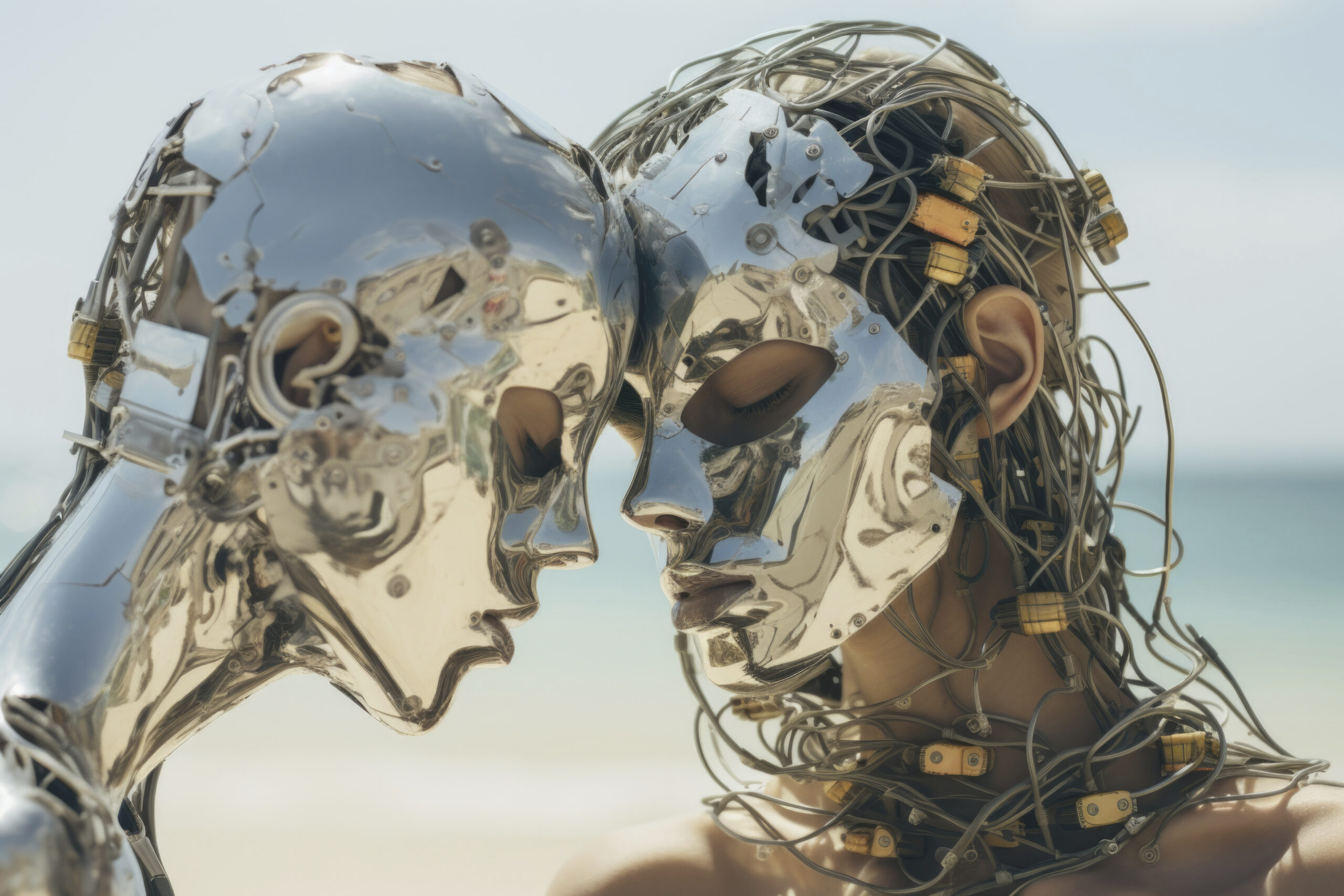Artificial Intelligence (AI) is no longer just a futuristic concept—it’s actively creating art, music, inventions, and even written content. From AI-generated paintings selling for millions to algorithms composing symphonies, machines are increasingly blurring the lines of creativity. But this surge in machine-generated content raises a crucial question: Who owns the intellectual property (IP) rights to creations made by AI?
Understanding Intellectual Property and AI Creativity
Intellectual Property law traditionally protects creations of the human mind—such as inventions, literary and artistic works, designs, and trademarks. These laws give creators exclusive rights to use, sell, or license their works, incentivizing innovation.
However, AI-generated creations complicate this model. When a machine autonomously generates content without direct human authorship, the question arises: Can AI hold copyrights or patents? Or do those rights belong to the developers, users, or no one at all?
The Current Legal Landscape
Copyrights and AI
Copyright laws in most countries require human authorship. The U.S. Copyright Office, for instance, has denied copyright registration for works created entirely by AI without human intervention. The rationale is that copyright protects original expressions by humans, not machines.
That said, if a human plays a significant role in guiding or shaping the AI’s output—such as selecting inputs, curating results, or editing the final work—they may claim copyright ownership.
Patents and AI
Patent law protects inventions and processes, requiring novelty, non-obviousness, and utility. AI can now invent new compounds, devices, or methods. However, patent offices generally require a human inventor listed on the patent.
In landmark cases, patent applications listing AI as the sole inventor have been rejected, as legal systems currently don’t recognize non-human inventors.
Who Could Own AI Creations?
The ownership of AI-generated works often depends on:
- The AI Developer: The person or company who created and trained the AI system.
- The User: The individual or entity that directed the AI to create specific outputs.
- Joint Ownership: Cases where both the developer and user contribute significantly.
- Public Domain: In some cases, if no clear ownership is established, the work may enter the public domain.
Contracts and licensing agreements are crucial here, clearly defining who holds rights over AI outputs.
Challenges and Concerns
- Lack of Clear Legal Framework: Existing IP laws were drafted with human creators in mind and struggle to address autonomous AI creativity.
- Incentivizing Innovation: Without clear ownership, there’s less motivation to invest in AI-generated creations or disclose inventions.
- Ethical Questions: Should AI creations be treated the same as human works? What about accountability for AI-generated content?
- Global Discrepancies: Different countries have varying stances, complicating international enforcement.
Emerging Approaches and Solutions
- New IP Categories: Some experts propose creating new IP rights specific to AI-generated works.
- Treating AI as a Tool: Emphasizing the human role in using AI as a creative assistant rather than an autonomous creator.
- Policy Updates: Governments and international bodies are examining reforms to address AI’s unique challenges.
- Blockchain for Provenance: Using blockchain to track AI creation origins and ownership transparently.
Conclusion
As AI continues to push the boundaries of creativity, intellectual property law must evolve to keep pace. Defining ownership of machine-generated creations is not just a legal necessity but a driver of future innovation and fairness. While current laws lean heavily on human authorship, the growing role of AI demands new frameworks that balance protection, incentive, and ethical considerations.
For creators, developers, and businesses working with AI, understanding and clearly negotiating IP rights is critical today—and will only become more important as AI-generated content becomes mainstream.
